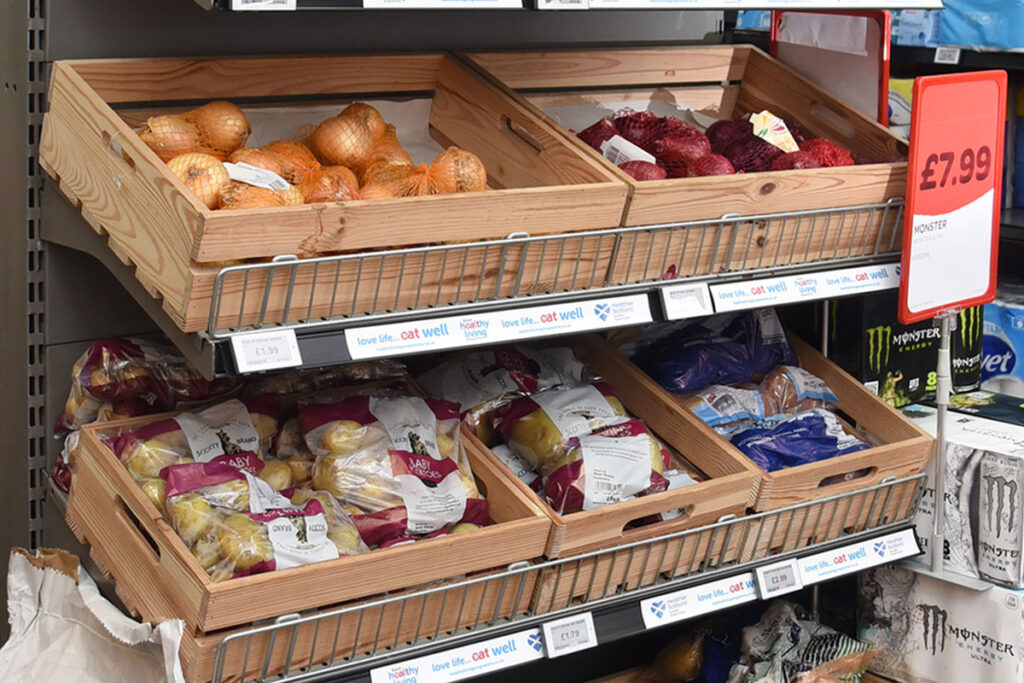Food and drink costs ramp up as Christmas plans are made

OVERALL inflation continues to tick down month-to-month, but food and drink prices climbed upwards once again as many consumers plan their Christmas dinner.
According to the latest inflationary figures from the Office for National Statistics (ONS), the overall consumer price index including housing costs (CPIH) figure stood at 3.8% at the end of October 2025, falling from September’s figure of 4.1%.
Despite this, both food and non-alcoholic beverages as well as alcohol and tobacco costs climbed up over the course of October. By the end of the month, food and non-alc beverages rose 0.4% points, sitting at 4.9% by the end of the month, whilst alcohol and tobacco climbed only 0.1% to sit at 5.9%.
There was small upward effects to the change in the rate from five of the 11 food and non-alc beverages classes, namely:
• bread and cereal
• meat
• fish
• vegetables, including potatoes
• sugar, jam, syrup, chocolate and confectionery
The overall downward trend on CPIH came from a decrease in the inflation rate for housing and household services, falling 0.9% from the end of September to sit at 5% by the end of October.
This downward effect came from electricity, according to the ONS, where prices rose by 2.7% in the 12 months to October 2025 – compared to the 8% rise that was seen in September 2025.
Karen Betts, chief executive at The Food and Drink Federation, said: “It’s very concerning to see food price inflation continue to rise, particularly as we approach Christmas. Food and drink manufacturers are paying nearly 40% more for ingredients and energy than they were in January 2020, as well as bearing a range of newer regulatory costs, like new packaging taxes and increases to employer national insurance. Hard-pressed food and drink companies are finding they simply have no choice but to increase prices.
“As the Budget approaches, food manufacturers are nervous, with nine in ten worried about the impact of additional costs and taxes on food prices. We want instead to see government step up and support our sector, by protecting businesses from unwelcome tax surprises and partnering with us to drive growth and build resilience, to help prevent future price rises for shoppers.”


















